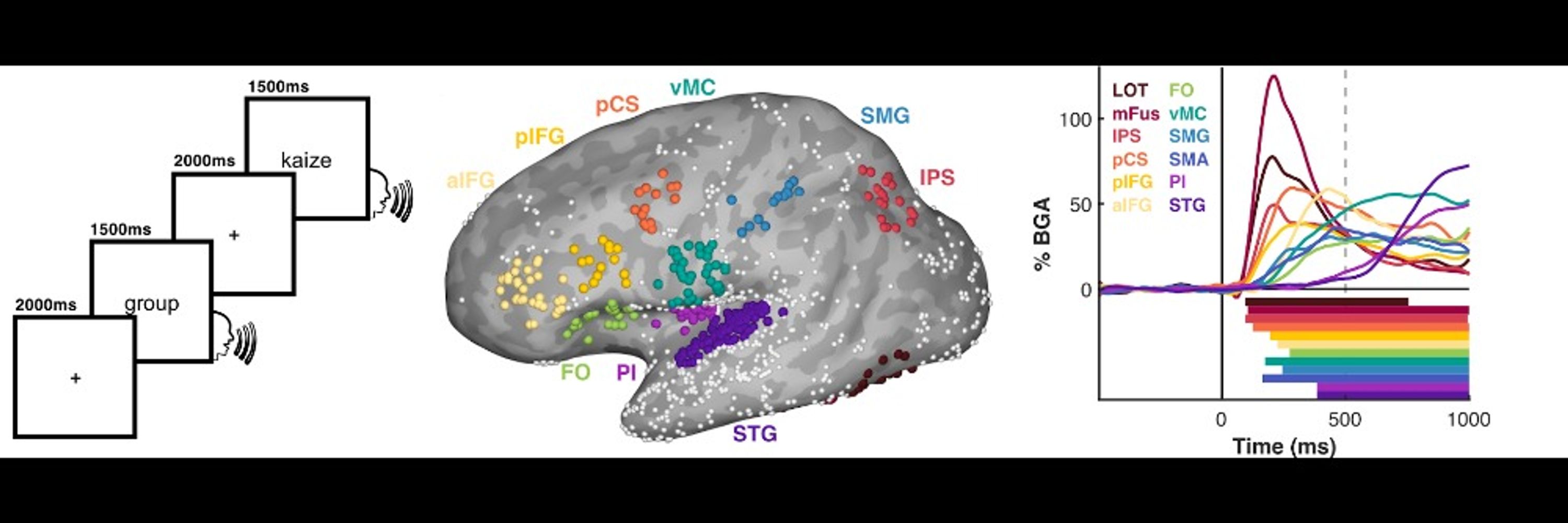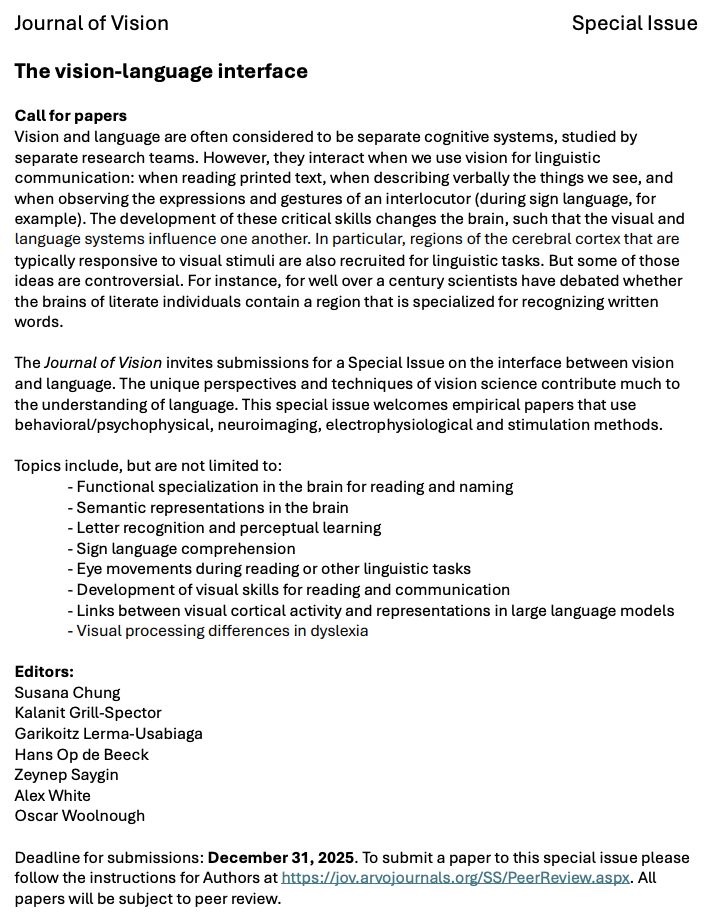
owoolnough.github.io
Submission deadline: Dec 31st
jov.arvojournals.org/ss/visionlan...
#neuroskyence #VisionScience #PsychSciSky

Submission deadline: Dec 31st
jov.arvojournals.org/ss/visionlan...
#neuroskyence #VisionScience #PsychSciSky







doi.org/10.1093/brai...

doi.org/10.1093/brai...


